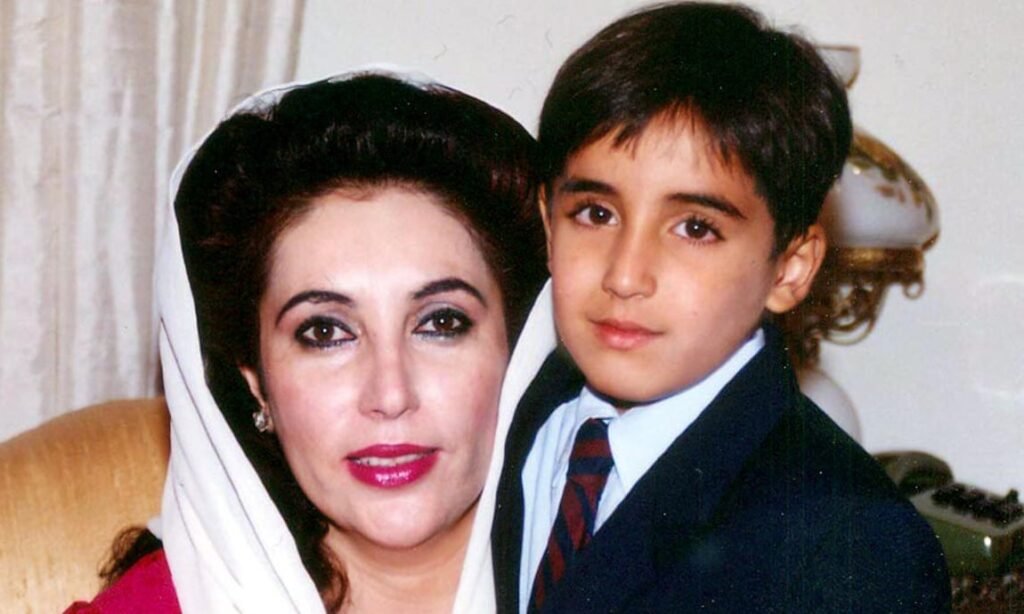Article by: The Truth International
“My father would always say, “My daughter will go into politics? My daughter will become prime minister”, but it’s not what I wanted to do. I would say, “No, Papa, I will never go into politics.” As I’ve said before, this is not the life I chose; it chose me … But I accepted the responsibility and I’ve never wavered in my commitment.”
Into the politically illustrious family of the Bhuttos, Benazir (known to her friends and family as Pinky) was born on June 21, 1953, in Karachi. Following her pursuit through Catholic schools in Pakistan, she studied at the prestigious Radcliffe College at the age of 16 ending her tenure at Harvard University with a cum laude degree in comparative government in 1973. For her further studies, she went to Oxford University where she became the first Asian woman to become the president of the Oxford Union. In 1977 when she graduated, her aim was to join the foreign service in the government led by her father, Zulfiqar Ali Bhutto but fate had other plans.
At the zenith of her youth when she was ready to steer her life towards the fulfilment of her dreams, the untimely execution of her father and political urgency struck her.
In her words, “I have led an unusual life. I have buried a father killed at age 50 and two brothers killed in the prime of their lives. I raised my children as a single mother when my husband was arrested and held for eight years without a conviction – a hostage to my political career.”
And whilst nothing went as per her plans, she was still able to surpass the conventional bounds constructed not just within the society she inhabited but the general environment that surrounded the world. At the age of 35, a few months after the birth of her daughter, she became the youngest Prime Minister worldwide, becoming the first female Prime Minister ever to be elected.
In Benazir, the nation found the strength and calibre that had gone extinct following the repressive Zia’s rule. In her, they found the soul and empathy that the regime had carefully destructed and through her struggle, new dawn arose, one that sparked a renewed hope for democracy.
Despite multiple threats to her life and an inborn premonition, she would be assassinated, her commitment to the cause of democracy, to reconciliation, and to the honour bestowed upon her by the people, remained unwavering. Amidst the compromises, even in the darkest of times, when death seemed like her only companion, she sought its embrace wholeheartedly, budging only for what she thought was right.
Tragically assassinated on 27 December 2007 following her return to Pakistan, one cannot help but trace out her journey as that of an unwavering warrior. Thrown into an abyss she was not inclined towards, Benazir showed the world death could not defeat her.
In the end, her assassins could extinguish neither her strength nor her legacy, proving she was right when she said,
“You can imprison a man, but not an idea. You can exile a man, but not an idea. You can kill a man, but not an idea.”


